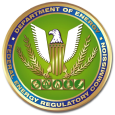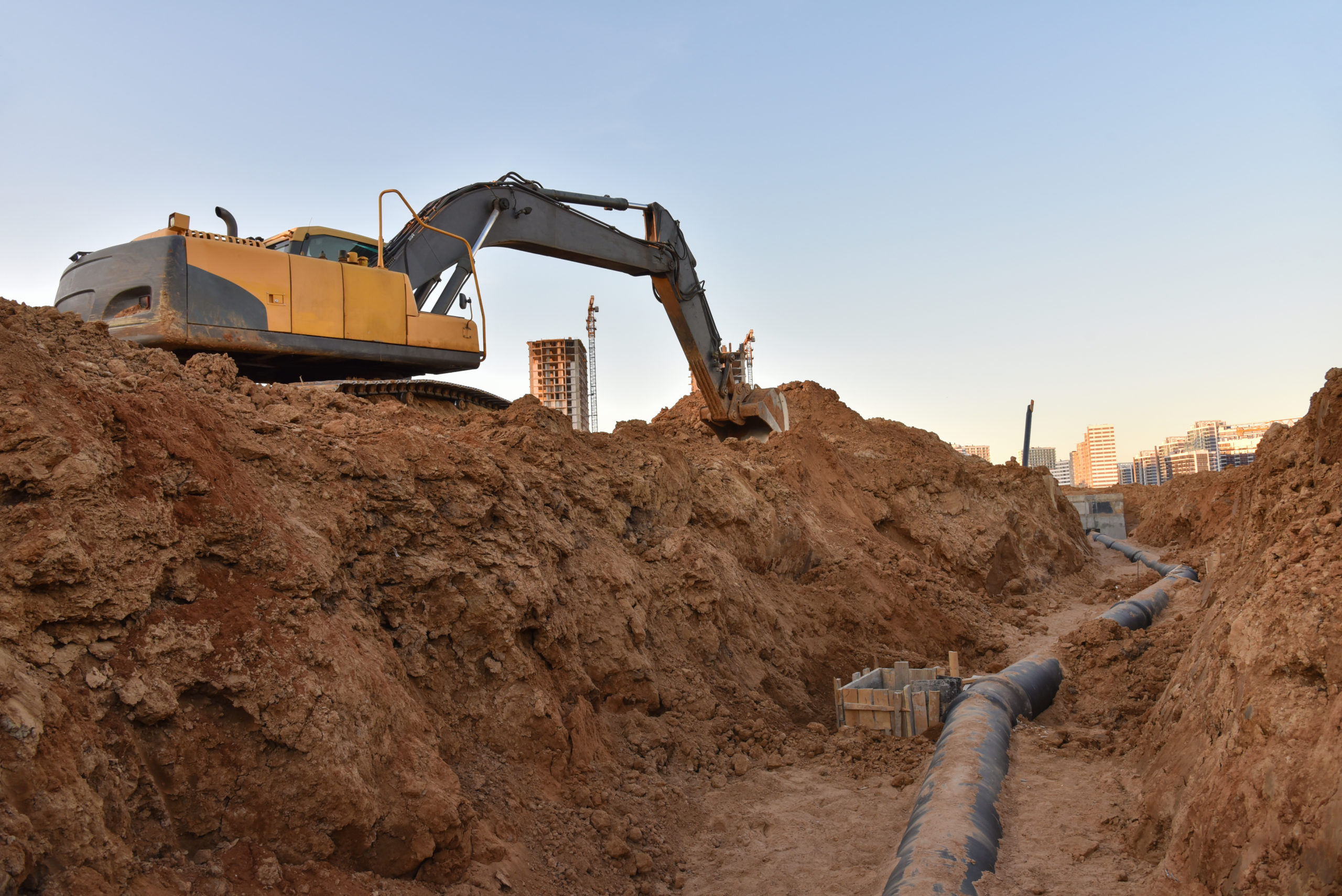The Pipeline and Hazardous Materials Safety Administration should look to new technologies and pending integrity regulations as it seeks to update its class location change requirements, the Interstate Natural Gas Association of America said today following PHMSA’s announcement of an advanced noticed of proposed rulemaking on “Pipeline Safety: Class Location Change Requirements.”
“INGAA strongly supports a common-sense update to the class location change regulations that will enable increased deployment of modern integrity assessment technologies and processes,” said Don Santa, President and CEO of INGAA. “Despite dramatic engineering and technological shifts that have occurred since 1970, the class location change regulations have never been substantively revised.”
PHMSA is currently working to finalize two rulemakings that constitute a comprehensive overhaul to its regulations governing the operations, maintenance and integrity management of gas transmission pipelines. These rulemakings are expected to include significant additions to the requirements for assessing pipe condition using modern technologies.
“In determining how to address the obsolete class location change regulations, PHMSA should look to the direction taken in its pending gas transmission integrity regulations,” said Santa. “These pending integrity regulations provide requirements for using modern pipeline assessment technologies, which are often a more effective, more efficient and less disruptive means of assessing and confirming pipeline safety. These pending integrity regulations have been reviewed by PHMSA’s Gas Pipeline Advisory Committee over the past 18 months and enjoy broad support from public, federal, state and industry representatives.”
When a class location change occurs, the current regulations may require operators to replace the existing pipe even when an integrity assessment has shown it to be in safe, operational condition. Requirements to replace safe pipe segments divert resources away from impactful pipeline safety actions, such as the deployment of modern assessment technologies to internally inspect the pipeline’s condition. Furthermore, construction activities necessitated by pipe replacements can unnecessarily disrupt nearby communities, impact deliveries to consumers and cause releases of natural gas into the atmosphere.
“Both pipeline operators and PHMSA have worked to demonstrate the value of integrity assessment technologies over the past two decades. Requirements for deploying these technologies will be codified in the pending PHMSA integrity regulations,” said Santa. “INGAA urges PHMSA to work expeditiously on this important update to the class location change regulations so that homes and businesses near natural gas pipelines can benefit from modern pipeline safety technologies and the natural gas these pipelines deliver.”







